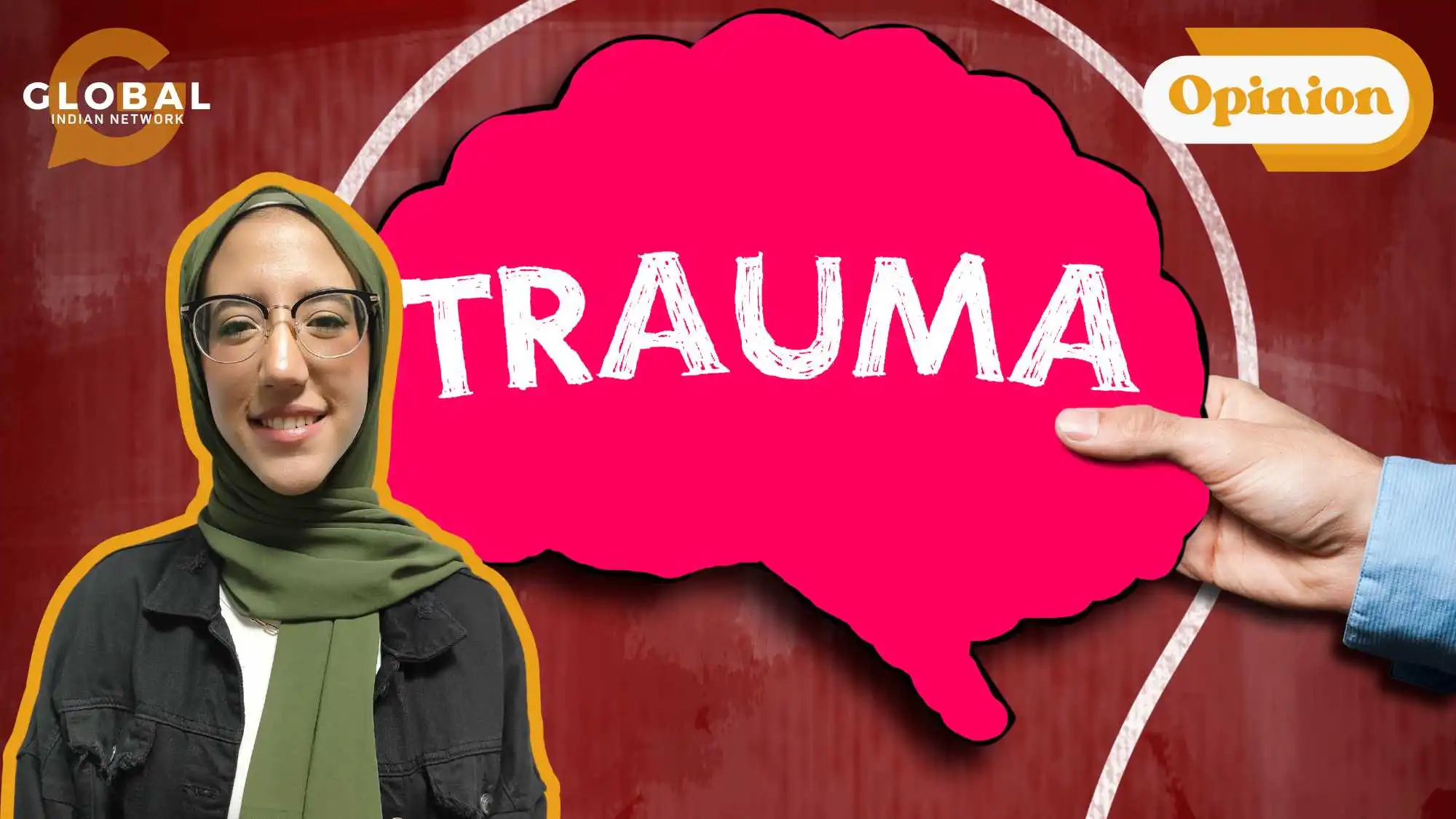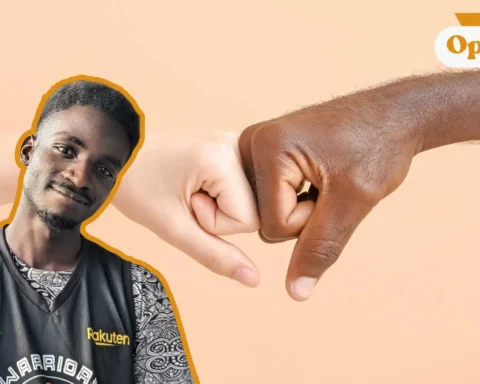
Source: Simply Brave Therapy Center
“Don’t be so sensitive!”, “Well, life isn’t fair.”, “It could have been worse!” “You are just overreacting!” How many have you heard any of these previous lines? How often have you confided in someone and received such a lukewarm response? How often have you considered taking back what you said because your feelings were invalidated? If you have experienced any of these doubts and insecurities, this piece is for you.
By definition, Trauma is “an emotional response caused by severe distressing events,” but today, we will not discuss trauma. Nowadays, almost everyone knows what trauma means and/or has experienced trauma first-hand. Today, we will discuss the aftermath of sharing your traumatic experience with someone else. When someone decides to share their traumatic experience, it takes them so much courage and vulnerability. Therefore, their healing journey depends solely on the reaction they receive during that moment of emotional openness. However, what happens to the victims when their story goes unread, and their voices go unheard? This is called “trauma invalidation”, and in the next few passages, we will dive deeper into what it means to be a victim of trauma invalidation.
Trauma invalidation is “when those around you intensely or constantly invalidate you.” Trauma invalidation usually occurs when the victim shares their traumatic experience with someone, and they are met with dismissal and invalidation instead of support and understanding. For example, a woman experiences sexual assault and shares the incident with a friend, only to be told that she was overreacting or that she could have just refused.
Another example that occurs frequently is teenagers telling their parents that they are feeling depressed and are met with mockery from their parents. Usually, trauma invalidation comes from a lack of education or awareness of mental illness. However, it could also be a lack of emotional intelligence or lack of empathy towards other people. This could manifest itself in the form of emotional or verbal abuse.
Source: Family Psychiatry and Therapy
Consequently, trauma invalidation could cause long-term issues for the victims. When a victim’s experience is dismissed, downplayed, and invalidated, they tend to feel insecure and ashamed. Also, when the victim is subjected to constant trauma invalidation, they start to doubt themselves and their experience. This can often result in suffering from severe mental health conditions such as borderline personality disorder (BPD) and post-traumatic stress disorder (PTSD). These conditions could cause feelings of worthlessness, emptiness, and loneliness, often resulting in suicide ideation.
I have been a victim of trauma invalidation too many times. I have opened up about my trauma experiences with several people and did not receive the desired reaction. Some people blamed me, and others made fun of my experience. I can confirm that a sense of self-doubt consumes you, and when it happens for too long, your memories start to seem distorted because you are forced to believe that none of this happened.

Source: American Psychological Association
Therefore, we must spread awareness of the importance of validating the victims’ traumatic experiences. We need to acknowledge them, believe them, and validate their feelings. The victims need to know that their voices are heard and that it was not their fault that they went through this. We must assure ourselves and the victims that the healing journey might be challenging initially, but it is not impossible. Additionally, we need to normalise asking for help and reaching out to someone. This way, we can make victims feel safe and secure enough to share their experiences.
What about you, dear readers? Do you remember a time when you did not show enough sympathy when someone shared their trauma experience with you? Or were you a victim of having your trauma experience invalidated, too? Please feel free to share your thoughts with me in the comments below. If you also have any burning opinions or thoughts to share, mail us at larra@globalindiannetwork.com










[…] and many of her provoking poems in ‘Ariel’ are about a young woman’s conflicts, anguish and trauma as a daughter and as a wife. This voice of feminism gets intermingled with the oppressed Jews of […]